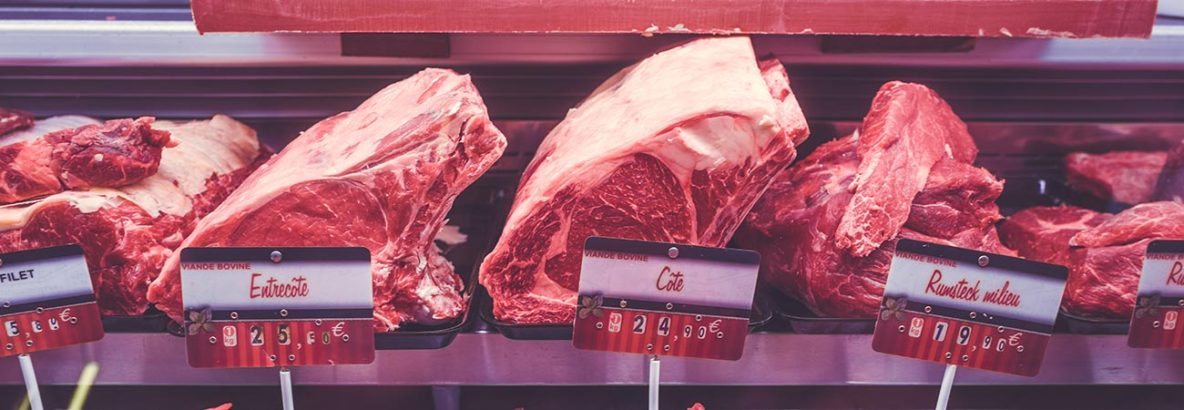Background.
I’m having an existential crisis. The foundations of my culinary world are being rocked to their core, because asked myself the question “should I eat meat?”.
The best way to describe my diet is flexitarian. I eat everything, however almost every meal I prepare at home is vegetarian, I rarely ever cook meat and buy fish once a week. If I try new recipes from cookbooks or blogs, they are almost exclusively vegetarian and the new recipes I create are almost exclusively vegetarian (hence this blog being 99% vegetarian).
Despite this largely vegetarian lifestyle, there’s no underlying urge to become a full-blown vegetarian, because some of my favourite dishes involve meat. I’m an absolute sucker for raw meat and fish, I start salivating at the thought of a sashimi platter or steak tartare.
The problem is that I’ve become obsessed with the moral implications of eating meat. I recently learned that some kids don’t understand that chicken nuggets come from chickens, or that beef burgers come from beefs. They are completely disconnected from the food chain, meaning they don’t realise these animals must be killed, chopped up and reformed to create the products which go into their gobs every day.
…I’ve become obsessed with the moral implications of eating meat.
High Horse Meat.
Up here on my high horse, I’m fully aware of where my chicken comes from and what big macs are made with, I’m also aware of the environmental implications of all of these meat sources. Intensive farming and agriculture is causing lots of problems with energy use, destruction of natural habitats, the greedy consumption of crops that could be used elsewhere to feed people, plus vast swathes of monocultures, destroying natural diversity. The whole thing is a shambles and not conducive to a healthy environment.
Those factors have convinced me to favour high welfare meat on the odd occasions that I do buy it. But that’s not what I’m talking about today, because this is a personal, moral consideration. The question is whether I can eat meat, based on my personal feelings about killing animals. I am entirely aware that chicken wings comes from that clucky, feathered and beaked creature that struts around with a nervous disposition, like they own the place. The question is, could I kill one with my own bare hands (and perhaps some other useful tools) and make my dinner from it’s cold, lifeless body? Do I have the minerals required to lop a chicken’s head off, strip down it’s feathers, pull out it’s guts and then BBQ the bits that are left?
This isn’t a debate about whether the rest of humanity should eat meat, I firmly believe that responsible consumption of meat is perfectly acceptable as a source of human fuel. The fact that ancient humans started hunting for meat as part of their diet from the moment they sussed out they could kill animals, based simply on on primeval instincts, suggests that meat as food is pretty hard wired into us. I believe there is nothing wrong with responsibly eating small amounts of meat as part of your diet.
Do I have the minerals required to lop a chicken’s head off, strip down it’s feathers, pull out it’s guts and then BBQ the bits that are left?
In For The Kill.
Being disconnected from the world of hunting and gathering is one reason why I might be a bit squeamish about killing for food. It’s simply never featured on my to-do list. Having grown up in the suburban periphery of London I never experienced the daily life and death routine of country folk, my hunting and gathering extended to a trip to Sainsburys or at most, to Billingsgate Fish Market. In today’s society, it would be almost impossible for everyone to personally hunt and kill the meat they consume, because our society isn’t organised in a way that would facilitate that, we’ve moved on from those days. However, I do feel that there’s a moral inconsistency there, because when I say I eat meat, there’s an implicit message which also says “I’m happy for animals to be killed to provide that meat”.
Recently, I was listening to The Food Chain podcast which featured a series of survival stories, opening an enlightening vignette into the way the human mind can perceive food. These stories held a lot of relevance to my thoughts on the subject of eating meat, so I want to tell you a couple of stories, to demonstrate the moral dilemma this question can evoke…
To Kill…
Ann Rodgers was in her 70s and stranded in the Arizona wilderness, starving. Whilst searching for food, she found a turtle and after short deliberation, she killed it, cooked it on the fire and ate the meat, in the name of her own survival. Recounting the story she was in floods of tears, because she recognised that the death of this animal had possibly saved her life, she also felt incredible respect for this creature and sadness for it’s loss. She experienced the direct connection with taking life from a living creature to acquire some meat, a connection which has been removed in modern society. This gave her a renewed sense of respect for animals that give their lives to feed us.
…Or Not To Kill?
Yossi Ghinsberg became lost in the Amazon rainforest after his expedition fell apart and he became separated from the others in the group. For 20 days he was living on a diet of raw egg alongside fruit scraps which the monkeys threw down from the trees. He was starving and isolated, losing hope and depleted of energy. He also found a turtle, which represented the chance of a blow-out meal, to replenish his haggard and fatigued body. He faced the turtle, looked it in the eye… then let it go.
The release of this creature could signal his own death, but he also realised that they were both in the same situation, both living creatures merely trying to survive in life. He couldn’t understand why he had the right to play God and choose who lives or dies.
These stories demonstrate that killing an animal, face to face, presents a whole host of potentially difficult human feelings and emotions. Neither Ann nor Yossi found killing easy to consider and only one went through with it, despite both being in life-threatening situations.
…it’s morally incongruous to eat meat if I’m not prepared to kill an animal with my own hands.
Should I Eat Meat?
This leads me to the idea that it’s morally incongruous to eat meat if I’m not prepared to kill an animal with my own hands. Should I eat meat if I’m simply getting other people to do my dirty work? If I’m merely hiding from the realities of life and death that are required to put meat on the table? Louise Gray recently published The Ethical Carnivore, a book recounting her year long quest to only eat animals which she had killed herself. It’s in this same frame of mind that I feel I should explore what it means to kill to eat. There’s no point sitting around and pondering this question, to answer it requires action.
Animals, in general, are fluffy and cute. Cutting them up just so that I can fill my belly feels cold and heartless, yet it’s also perfectly normal human activity judging by the last two million years of evolution. The only way to answer the question is to go out and kill some animals, then cook and eat them. I’m going to start simply, with fish. I have some form in this department, because I have gutted and dismembered many fish so am not worried about that part, however it’s the actual catching and ending of life that I feel is the critical point.
After all, if we don’t have the ability to respect life in it’s many forms, then what hope do we have?

